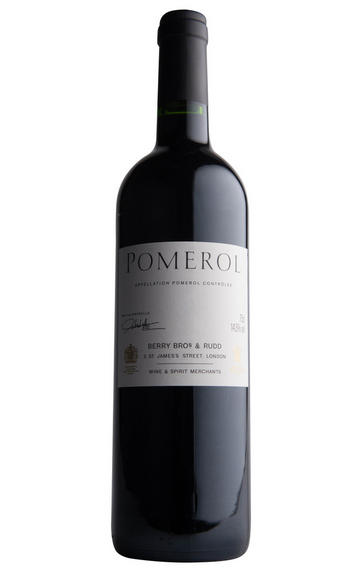
2012 Berry Bros. & Rudd Pomerol by Château Feytit-Clinet, Bordeaux
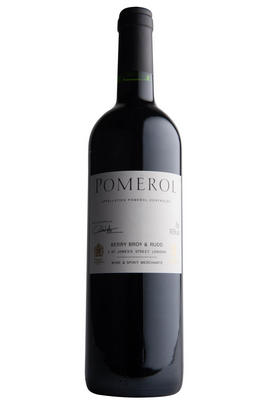
Critics reviews
Robert M. Parker, Jr. - 30/04/2015
About this WINE
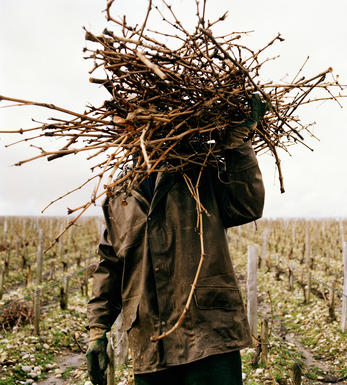
Chateau Feytit-Clinet
Situated on the western part of the plateau in the Pomerol wine appellation in Bordeaux, Château Feytit-Clinet belonged to the stable of Moueix family wines until 1999.
Jeremy Chasseuil arrived at Château Feytit-Clinet in time for the stunning 2000 vintage. Previously a wine-maker at Château La Dominique, his efforts since have resulted in some very impressive wines.
Soils here are rich in clay which favours the Merlot grape rather than the Cabernets, and Jeremy has exploited them perfectly to produce succulent wines, never over-extracted, and full of charm and distinction.
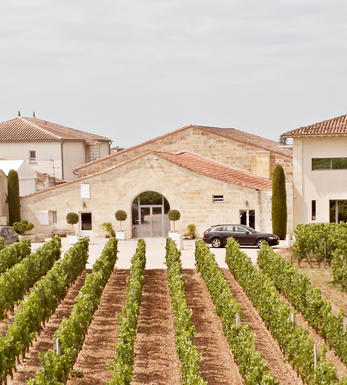
Pomerol
Pomerol is the smallest of Bordeaux's major appellations, with about 150 producers and approximately 740 hectares of vineyards. It is home to many bijou domaines, many of which produce little more than 1,000 cases per annum.
Both the topography and architecture of the region is unremarkable, but the style of the wines is most individual. The finest vineyards are planted on a seam of rich clay which extends across the gently-elevated plateau of Pomerol, which runs from the north-eastern boundary of St Emilion. On the sides of the plateau, the soil becomes sandier and the wines lighter.
There is one satellite region to the immediate north, Lalande-de-Pomerol whose wines are stylistically very similar, if sometimes lacking the finesse of its neighbour. There has never been a classification of Pomerol wines.
Recommended Châteaux : Ch. Pétrus, Vieux Ch. Certan, Le Pin, Ch. L’Eglise-Clinet, Ch. La Conseillante, Ch. L’Evangile, Ch. Lafleur, Trotanoy, Ch. Nenin, Ch. Beauregard, Ch. Feytit-Clinet, Le Gay.
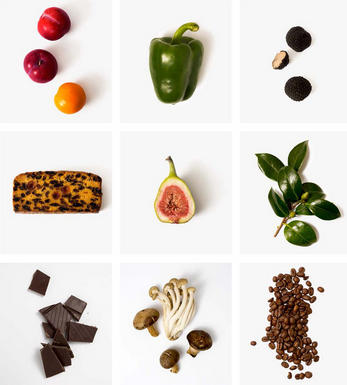
Merlot
The most widely planted grape in Bordeaux and a grape that has been on a relentless expansion drive throughout the world in the last decade. Merlot is adaptable to most soils and is relatively simple to cultivate. It is a vigorous naturally high yielding grape that requires savage pruning - over-cropped Merlot-based wines are dilute and bland. It is also vital to pick at optimum ripeness as Merlot can quickly lose its varietal characteristics if harvested overripe.
In St.Emilion and Pomerol it withstands the moist clay rich soils far better than Cabernet grapes, and at it best produces opulently rich, plummy clarets with succulent fruitcake-like nuances. Le Pin, Pétrus and Clinet are examples of hedonistically rich Merlot wines at their very best. It also plays a key supporting role in filling out the middle palate of the Cabernet-dominated wines of the Médoc and Graves.
Merlot is now grown in virtually all wine growing countries and is particularly successful in California, Chile and Northern Italy.


Buying options
Add to wishlist
Description
This cuvée, prepared specially for us by Ch. Feytit-Clinet, is a benchmark example of a highly regarded 2012 vintage in the Right Bank. Redcurrant, mocha and sweet spice about on the nose, with rich plummy Merlot fruit coming to the fore on the palate. Ready to drink now, with potential for a couple of years of ageing, this would be a perfect match with barbecued meats. With a focus on provenance, these superlative bottles are classified by commune and highlight the fruitful collaborations between the producers and buyers, creating wines with superb finesse.. Whether from Pomerol or Meusault, Barolo or Gevrey-Chambertin, the design of each label references its region of origin, prominently displaying both the name of the estate and the signature of the buyer.
wine at a glance
Delivery and quality guarantee